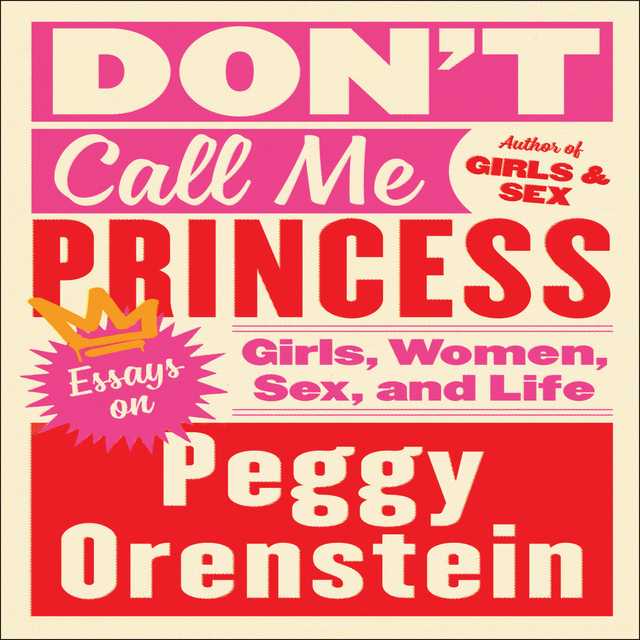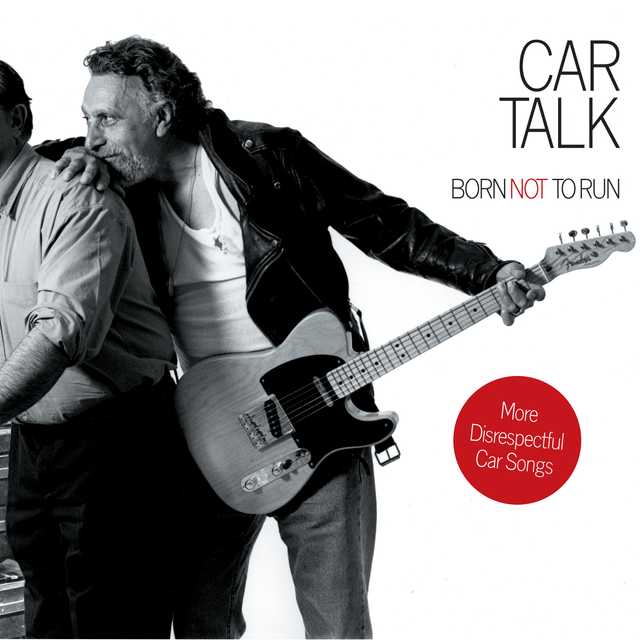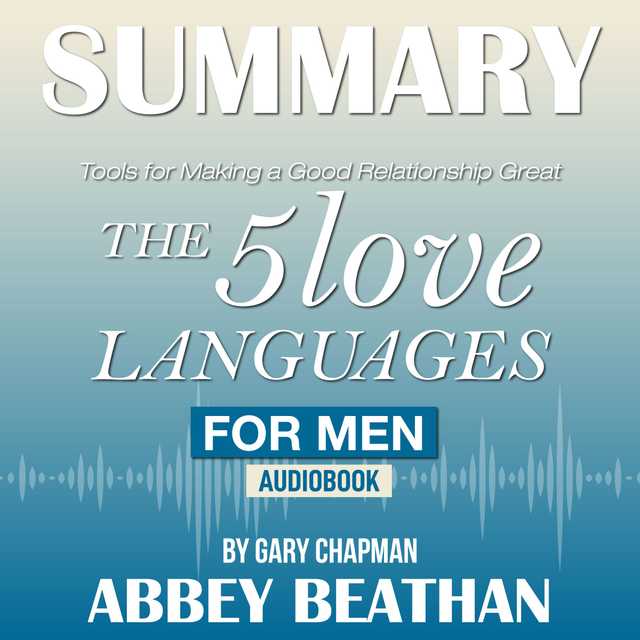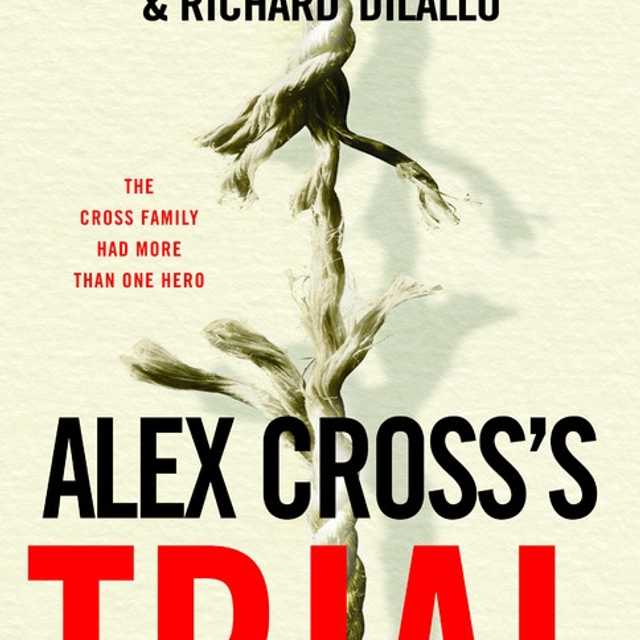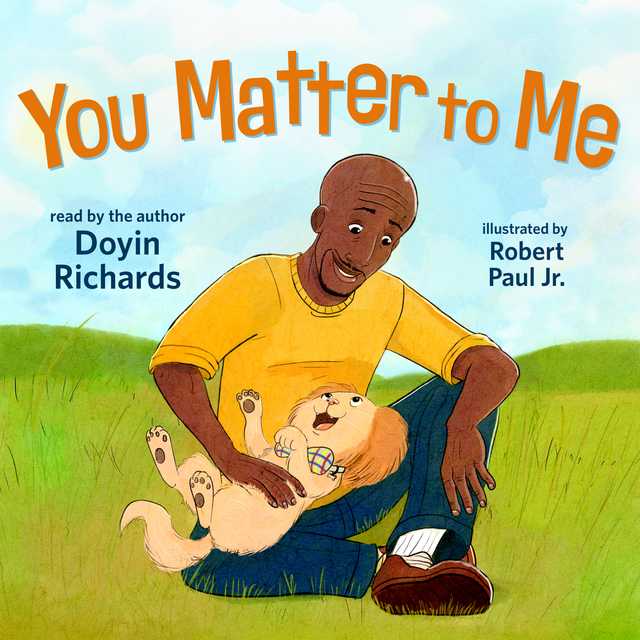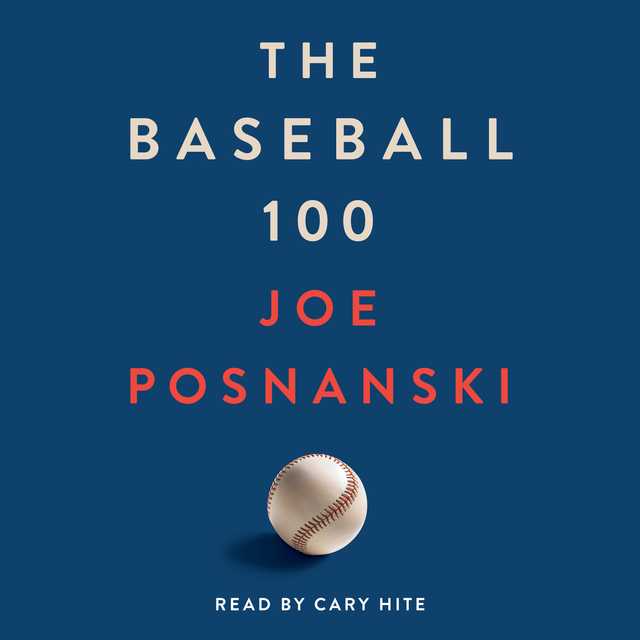Don’t Call Me Princess Audiobook Summary
The New York Times bestselling author of Girls & Sex and Cinderella Ate My Daughter delivers her first ever collection of essays–funny, poignant, deeply personal and sharply observed pieces, drawn from three decades of writing, which trace girls’ and women’s progress (or lack thereof) in what Orenstein once called a “half-changed world.”
Named one of the “40 women who changed the media business in the last 40 years” by Columbia Journalism Review, Peggy Orenstein is one of the most prominent, unflinching feminist voices of our time. Her writing has broken ground and broken silences on topics as wide-ranging as miscarriage, motherhood, breast cancer, princess culture and the importance of girls’ sexual pleasure. Her unique blend of investigative reporting, personal revelation and unexpected humor has made her books bestselling classics.
In Don’t Call Me Princess, Orenstein’s most resonant and important essays are available for the first time in collected form, updated with both an original introduction and personal reflections on each piece. Her takes on reproductive justice, the infertility industry, tensions between working and stay-at-home moms, pink ribbon fear-mongering and the complications of girl culture are not merely timeless–they have, like Margaret Atwood’s The Handmaid’s Tale, become more urgent in our contemporary political climate.
Don’t Call Me Princess offers a crucial evaluation of where we stand today as women–in our work lives, sex lives, as mothers, as partners–illuminating both how far we’ve come and how far we still have to go.
Other Top Audiobooks
Don’t Call Me Princess Audiobook Narrator
Peggy Orenstein is the narrator of Don’t Call Me Princess audiobook that was written by Peggy Orenstein
PEGGY ORENSTEIN is the New York Times bestselling author of Boys & Sex, Don’t Call Me Princess, Girls & Sex, Cinderella Ate My Daughter, Waiting for Daisy, Flux, and Schoolgirls. A frequent contributor to the New York Times, she has written for The Washington Post, The Atlantic, AFAR, the New Yorker, and other publications, and has contributed commentary to NPR’s All Things Considered and The PBS NewsHour. She lives in Northern California.
About the Author(s) of Don’t Call Me Princess
Peggy Orenstein is the author of Don’t Call Me Princess
More From the Same
- Author : Peggy Orenstein
- Boys & Sex
- Girls & Sex
- Unraveling
- Cinderella Ate My Daughter
- Publisher : HarperAudio
- Abraham
- American Gods [TV Tie-In]
- Dead Ringer
- House of Sand and Fog
- Prey
Don’t Call Me Princess Full Details
| Narrator | Peggy Orenstein |
| Length | 10 hours 7 minutes |
| Author | Peggy Orenstein |
| Category | |
| Publisher | HarperAudio |
| Release date | February 27, 2018 |
| ISBN | 9780062799487 |
Subjects
The publisher of the Don’t Call Me Princess is HarperAudio. includes the following subjects: The BISAC Subject Code is Feminism & Feminist Theory, Social Science
Additional info
The publisher of the Don’t Call Me Princess is HarperAudio. The imprint is HarperAudio. It is supplied by HarperAudio. The ISBN-13 is 9780062799487.
Global Availability
This book is only available in the United States.
Goodreads Reviews
Nicole
June 14, 2018
Peggy Orenstein has helped to reshape my views on sex and feminism. The idea that girls deserve to experience sexual pleasure just as much as boys should not be revolutionary, and it is disturbing that so many young women don't realize this. Orenstein also tackles infertility, egg donation (in one of the more interesting essays), breast cancer (presenting a critical look at breast cancer culture), and even the pitfalls of being a boy in the Trump era.
Samantha
February 28, 2018
I only read the essays that interested me, so probably about half the book or more. Great writing style and really interesting and timely topics. A really enjoyable and thought provoking read.
Rosanna
January 30, 2020
Love Peggy Orenstein! Read her in the post and heard her interview about her new book, Boys & Sex, which I will be sure to read.
Jena
September 29, 2018
I feel stronger just reading this book. And much more thoughtful. Such good food for thought.
Andrea
July 06, 2018
Full disclosure- I did not read this book cover-to-cover. I skimmed over or flat out skipped the ones I had on interest in. The essays were about a range of heavy issues experienced by women, such as infertility, pregnancy loss and cancer. These issues are real and common.
Tricia
May 28, 2019
A wide range of essays that stoked my angst in a good way.
Miriam
February 20, 2018
Columns written over the past thirty years, focus on breast cancer, the trauma and sorrow of miscarriage, sexual pleasure, and other issues, part and parcel of a healthy life. Peggy Orenstein’s reading of her own words is smooth and often matter-of-fact. An essential listen for women, and men, of all ages.Look for a longer review in AudioFile Magazine http://www.audiofilemagazine.com
Christina
July 14, 2018
Very thought provoking. This is a book I'd like to discuss in book club. She doesn't arrive to a right vs wrong conclusion on a lot of topics, but rather asks if she's doing enough to start or continue the conversation with her daughter or society.
Gail
April 20, 2018
“Don’t Call Me Princess” is Peggy Orenstein’s best hits album, and like “Michael Jackson Number Ones,” the content justifies its own compilation. Few pop stars can identify important topics, compose poetry about them, and deliver it with perfect pitch; most do one or two, but not all three. It’s similarly rare for a journalist to write critically on subjects that don’t always seem salient until she dubs them so and with diction that sings (e.g., “April is a distraction, as would be any student who cannot catch up but will not drop out”). Plus, I learned cool stuff. The following excerpts showcase Orenstein’s insightfulness, in the form of introspection and empathy, detail and synthesis:“Looking back on her career, [Nobel prize-winning scientist Elizabeth Blackburn] believes she was subject to plenty of bias; like many successful women in nontraditional fields, she was just particularly adept at denying it. ‘I was oblivious for a long time,’ she recalls, ‘and that’s the way I coped. It was very much a defense. If I had stopped and thought about it, I would’ve felt so vulnerable to it.’” “It isn’t easy to watch a daughter’s incipient forays into romance and sexuality. If Miranda [Cosgrove, Nickelodeon’s “iCarly”] embodies the wish that girls could engage in the former without the latter, Chris was acting out a parent’s desire to ensure it. Most of us don’t (and can’t) chaperone our daughters at school, at concerts, at public appearances. Most of us accept, if with some ambivalence, that our daughters have to navigate the turbulence of romantic life on their own. Most of us have no choice but to let our daughters go.”“In its zeal to find them, science has outpaced the medical, psychological, and ethical implications of its discoveries.” “For years I had thought of myself as a Weeble, one of those roly-poly children’s toys that ‘wobble but they don’t fall down.’ I had, after all, survived breast cancer in my thirties, an age when it tends to be especially deadly; after three miscarriages and six years of infertility, I got pregnant in my forties with my daughter. There were other crises, too, of the heart and the head as well as the body—how could there not be after five decades of living?—but they didn’t define me. I’ve always popped up fine. Yet lately, incrementally, I had begun to feel defective, emotionally diminished rather than strengthened by trauma, in danger of becoming the sum of my pain. Had that happened after this latest bout of cancer or before? I couldn’t say. But I felt cleaved, a word that also means its opposite: cleaved to this body, whether I liked it or not, and from it by its many betrayals.” “During the ‘Mommy Wars’ of the early 2000s, women who stayed home with children were pitted in the media against mothers who worked for pay and neither side emerged a winner. Womens’ insecurities were ripe for exploitation: after all, in what I would come to call a ‘half-changed world,’ others’ choices can feel like a rebuke.” “Whether or not they worked outside the home, the vast majority of women had made concessions to parenthood in a way that men, for the most part, still do not. That’s why words like ‘balance,’ ‘trade-off,’ and ‘work-family conflict’ have become as feminine as pink tulle.” “Women complained to me that their husbands didn’t pull their domestic weight, but time after time, I heard them let men off the hook. A thirty-eight year-old technical writer I interviewed in San Francisco was typical: ‘You know,’ she mused after running down a litany of frustrations, ‘my husband is really involved compared with his own father.’ I pushed, pointing out that this sets the bar too low. Shouldn’t we be comparing men’s involvement with that of their wives instead? ‘Well,’ said another mom, ‘you can’t really expect that.’ I tried putting it another way: ‘It seems to me that women, whatever their arrangements, feel like lesser mothers than those of the previous generation. Meanwhile men, even with minimal participation at home, feel like better fathers.’” “[T]here are no studies proving that playing princess directly damages girls’ self-esteem or dampens other aspirations. On the other hand, there is evidence that young women who hold the most conventionally feminine beliefs—who avoid conflict and think they should be perpetually nice and pretty—are more likely to be depressed than others and less likely to use contraception…. [And] school-age girls overwhelmingly reported a paralyzing pressure to be ‘perfect’: not only to get straight A’s and be the student-body president, editor of the newspaper, and captain of the swim team but also to be ‘kind and caring,’ ‘please everyone, be very thin and dress right.’ Give those girls a pumpkin and a glass slipper and they’d be in business…. It doesn’t seem to be ‘having it all’ that’s getting to them; it’s the pressure to be it all. In telling our girls they can be anything, we have inadvertently demanded that they be everything. To everyone. All the time.”
Olivia
May 02, 2019
I've been a fan of Peggy Orenstein's work for some years now, ever since that fateful day I stumbled across her article, "What's Wrong With Cinderella?" In a Women Studies class, I was working on a paper about the Disney Princesses and the type of "role models" they were for girls. I was hooked. Since then, I've read most of her books, many of her articles, and always make sure I add her to my "to-read" if I see she's cranking out something new. Orenstein is insightful and funny. Do I always agree with her? Of course not, but what I appreciate about her voice is that it does not feel like an unwavering one. She, of course, has firm stances in her feminism, but she does not feel stubborn. She discussions her own internal conflicts about certain topics and feels like she wrestles with certain points-- not wanting to come off an an unbending feminist of a by-gone era, but also not willing to concede certain points. I feel like she makes some damn good arguments and has plenty to say. This book was a collection of her works from over the years, so some of these I've read before and others were new to me. new to me AND news to me. Some of the pieces collected in this book discussed topics I've never read into before or really had much thought on. As always, she's given me plenty to think about and mull over. I'd definitely recommend.
Allison
March 08, 2022
This book would have gotten 5 stars, but for some completely inconceivable reason, the author prefaces one of her essays (about getting her ovaries removed and what it means to be a woman with reproductive cancers) by pandering to trans women. This book is about issues and oppression that only WOMEN (female humans) face, why even cater to males with gender dysphoria? They experience NONE of the things this book is about. They don't have female socialisation, they won't get pregnant, they won't get abortions, they won't get ovarian/cervical/uterine cancer, they won't be mothers, etc. I'm so tired of "feminist" authors capitulating to trans-identified males. A male author would never do this. A man wouldn't write a book about toxic masculinity, prostate cancer, being a father, etc and feel the need to include trans men, because it's completely irrelevant to the subject.Women should be able to write about exclusively women's issues without bending over backwards to appease males. Trans women are completely irrelevant to the subject of this book, yet the author felt the peculiar need to post-edit her work, probably out of fear of being labeled a "TERF" for exclusively focusing on women, heaven forbid.
Thurston
January 09, 2020
After watching "Diary of a Teenage Girl" with my wife and one of our sons, a search on Phoebe Gloeckner pointed me towards this collection of essays by Peggy Orenstein. Read that first, but then went and read the entire book cover-to-cover. Quite a gamut, sure plenty of stuff for me to just shut up and listen to, or mourn over ("Breast Friends" concluding that sad arc, and later "Children Are Alone" leading off the final cluster...the book like a mix tape is well put-together.) In an alternate universe it would be wonderful to have a daughter to discuss the topics here (and we do with our sons), but back in this universe I am glad Orenstein is here and has her daughter.
Alyssa
September 22, 2020
These essays covered a wide range of topics, from profiles to personal essays to takes on feminism, sex, and child-rearing. While I found myself more invested in the final section of the book, Orenstein's insightfulness, empathy, and honesty made the sections I couldn't relate to (miscarriage, infertility, breast cancer) far more compelling than I anticipated. It's easy to skip around and read the small sections here and there, and I found myself more than once sending snippets and article recommendations to friends.
Laura Ann
April 28, 2018
I find Peggy’s works enthralling and informative. She has reminded me that it is so important to be open and to have these discussions with mixed company. The selection of essays, most of which I had read, are only the tip of the iceberg. Peggy has helped me reconsider my position on many thoughts and ideas. I am anxious to discuss these many essays with others to discover which ones resonated the most with them. Peggy writes in a way that is both personal and inclusive. I appreciate her candor and ability to help us maintain a dialogue.
Most Popular Audiobooks
Frequently asked questions
Listening to audiobooks not only easy, it is also very convenient. You can listen to audiobooks on almost every device. From your laptop to your smart phone or even a smart speaker like Apple HomePod or even Alexa. Here’s how you can get started listening to audiobooks.
- 1. Download your favorite audiobook app such as Speechify.
- 2. Sign up for an account.
- 3. Browse the library for the best audiobooks and select the first one for free
- 4. Download the audiobook file to your device
- 5. Open the Speechify audiobook app and select the audiobook you want to listen to.
- 6. Adjust the playback speed and other settings to your preference.
- 7. Press play and enjoy!
While you can listen to the bestsellers on almost any device, and preferences may vary, generally smart phones are offer the most convenience factor. You could be working out, grocery shopping, or even watching your dog in the dog park on a Saturday morning.
However, most audiobook apps work across multiple devices so you can pick up that riveting new Stephen King book you started at the dog park, back on your laptop when you get back home.
Speechify is one of the best apps for audiobooks. The pricing structure is the most competitive in the market and the app is easy to use. It features the best sellers and award winning authors. Listen to your favorite books or discover new ones and listen to real voice actors read to you. Getting started is easy, the first book is free.
Research showcasing the brain health benefits of reading on a regular basis is wide-ranging and undeniable. However, research comparing the benefits of reading vs listening is much more sparse. According to professor of psychology and author Dr. Kristen Willeumier, though, there is good reason to believe that the reading experience provided by audiobooks offers many of the same brain benefits as reading a physical book.
Audiobooks are recordings of books that are read aloud by a professional voice actor. The recordings are typically available for purchase and download in digital formats such as MP3, WMA, or AAC. They can also be streamed from online services like Speechify, Audible, AppleBooks, or Spotify.
You simply download the app onto your smart phone, create your account, and in Speechify, you can choose your first book, from our vast library of best-sellers and classics, to read for free.
Audiobooks, like real books can add up over time. Here’s where you can listen to audiobooks for free. Speechify let’s you read your first best seller for free. Apart from that, we have a vast selection of free audiobooks that you can enjoy. Get the same rich experience no matter if the book was free or not.
It depends. Yes, there are free audiobooks and paid audiobooks. Speechify offers a blend of both!
It varies. The easiest way depends on a few things. The app and service you use, which device, and platform. Speechify is the easiest way to listen to audiobooks. Downloading the app is quick. It is not a large app and does not eat up space on your iPhone or Android device.
Listening to audiobooks on your smart phone, with Speechify, is the easiest way to listen to audiobooks.

